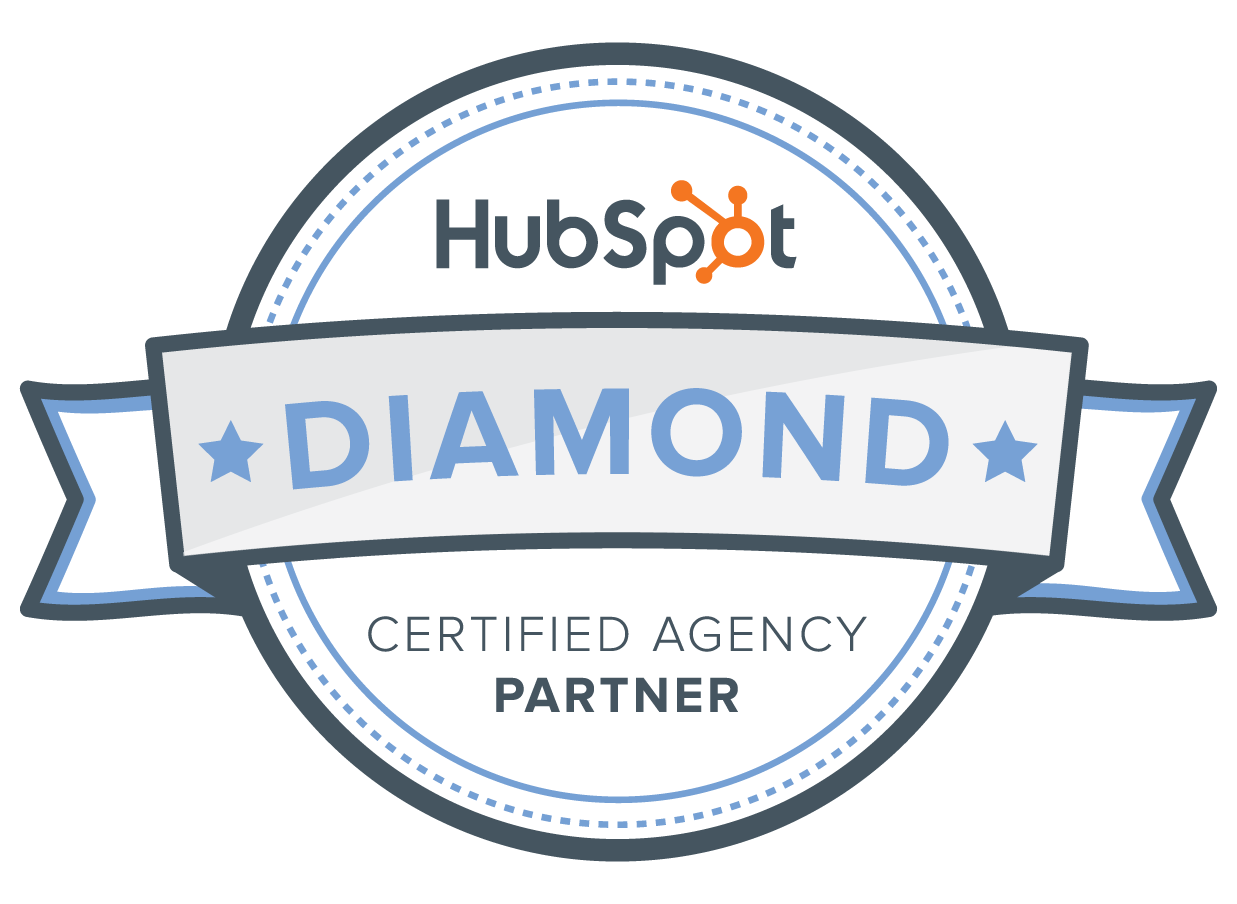Salesforce and HubSpot are two of the most popular sales and marketing platforms on the market today. These cloud-based Software-as-a-Service (SaaS) offerings are industry leaders in the services they provide, whether it’s Salesforce’s cost-effective customer relationship management (CRM) or HubSpot’s powerful marketing automation solutions.
Companies that use both platforms, or already use one and are thinking of adopting the other, will at some point likely consider the native Salesforce integration within HubSpot. Often companies shy away from even considering integrations, having had bad experiences with bugs and broken APIs that slow down what should be a more effective process.
In this post, we’ll take a look at the benefits of a HubSpot-Salesforce integration, as well as how companies can best integrate smoothly.
HubSpot vs. Salesforce: Similarities and Differences
Salesforce is undeniably the king of CRMs, with a 23.8% share of the global CRM market. It offers sales teams a way to manage their pipelines from lead to close and provides insights on how to optimize the sales process. It does not include comprehensive tracking and management of marketing efforts in its Sales Cloud package but does offer integrations with the add-on services Pardot and Salesforce Marketing Cloud.
HubSpot came to dominate the marketing management space with a robust suite of tools for marketing automation, nurturing leads, and capturing them for the sales team. It also offers an add-on SalesHub CRM, but because of Salesforce’s long dominance and popularity, many companies opt to stick with the CRM they know.
Why Integrate HubSpot With Salesforce?
Companies that use Salesforce have a choice to make: opt for Pardot or Salesforce Marketing Cloud to stay in the Salesforce ecosystem or find another marketing solution.
At first glance, it would seem easiest to stick with Salesforce, though this comes with some drawbacks. Neither Pardot nor Salesforce Marketing Cloud is native to Salesforce. These platforms offer marketing management tools, but HubSpot is the clear winner when it comes to marketing capabilities and user experience. Plus with relatively easy integration with Salesforce, HubSpot is a serious contender in any marketing platform conversation.
For companies that use both HubSpot and Salesforce already, integrating is a no-brainer. Why not harness the best of what each has to offer to get the most out of your investment?
Benefits of a HubSpot and Salesforce Integration
Companies considering connecting their key sales and marketing platforms may question whether or not the benefits are greater than the headaches. Here are some of the advantages we’ve seen.
- Close the loop between marketing and sales - When you connect sales and marketing activities, it gives you a full picture of your customer’s journey, from awareness to brand evangelist. Not only that, but it allows for transparency between sales and marketing. Sales teams can see the leads that marketing is bringing in and how those leads are coming in. In turn, marketing can see which leads are being worked by sales. This alignment helps reduce finger-pointing and creates synergy across the teams.
- Visibility and transparency - To grow your company, it’s important to get marketing and sales out of their silos. Without visibility between the two, it’s difficult for executive leadership to understand the value of your marketing and sales strategies. Higher visibility and transparency drive better decision-making.
- Connect contacts for data insights - When you integrate Salesforce and HubSpot, you can connect some or all of your contacts, making for a smoother transition from MQL to SQL. This connection provides insights into each contact’s activity – which pages they opened, which emails they read, the forms they have completed, and so on. This transparency gives your sales team a huge advantage when engaging a prospect.
- Better lead attribution for better leads - When you have a holistic understanding of what content and CTAs convert your leads, you can assess the ROI of each piece of content. You can also establish what content captures the highest quality leads, what content brought in less successful leads, and whether you’re targeting the right people. Ultimately, it makes marketing more efficient and effective.
- Comprehensive reporting - When you connect sales and marketing activities you can answer key questions like, how many leads came in, how many became opportunities, and how many became customers. These KPIs can help drive decisions throughout your organization.
- Clear understanding of ROI - What is your cost per customer? Having sales and marketing data connected allows you to calculate the lifetime value of your customer and compare that to overall marketing costs.
- No technical setup required - The HubSpot integration with Salesforce is native, meaning there’s no need to build APIs or take days for tech to set it up. Plus, HubSpot engineers and support staff take care of maintaining and improving your integration.
How to Implement Salesforce and HubSpot
To implement the Salesforce HubSpot integration, you’ll need to be on the HubSpot Professional or Enterprise plan. As we’ve noted, the HubSpot Salesforce integration does not require custom development or API creation; you just have to go to the HubSpot App Marketplace and follow the steps to install.
Thinking beyond the technical aspect, you will also need to do some prep work before connecting the two platforms.
- Connect sales and marketing business processes - Get to know how each team will use the platforms. Discuss the definitions of MQL, SQL and the stages of your pipeline and decide if they need adjustment before syncing your data.
- Decide which contacts to sync - There may be cases where you only want to connect certain leads or contacts in HubSpot to Salesforce (and vice versa). HubSpot gives you the option to selectively sync contact lists for a more customized approach, reducing the clutter for the sales team by not syncing unqualified leads.
- Ensure data integrity – Determine what information each system needs to share, then make sure any properties/fields are set up in each system correctly. This will help reduce errors in synchronization.
- Set aside time for training – Without it, you risk relying on a handful of staff to do all the troubleshooting and risk not getting the full benefits out of the integration.
Challenges of HubSpot and Salesforce Integrations
One of the biggest hurdles in a HubSpot Salesforce integration isn’t a technical one–it’s making the necessary business decisions before you enable the sync. This could include deciding which data to include, establishing rules and policies for passing data between departments, and making clear which platform holds the one version of truth.
This can get complicated by the differences in terms and processes between the two platforms. For example, a campaign in Salesforce is a list of contacts, while in HubSpot it is a group of assets. It might take some creative thinking to ensure data and reporting align the way you intended.
Companies can better prepare for a successful integration by thinking through these business rules and leaning on business goals and objectives to guide the process.
When to Call in the Experts
Integrating HubSpot and Salesforce can help your company close the loop on key business processes and eliminate the silos that hold your marketing and sales efforts back. While the integration offers an out-of-the-box solution, there are often business-specific needs that require HubSpot expertise to set up correctly. In other cases, it helps to have the guidance of an experienced third-party to work through the pre-integration decisions and mediate disputes between sales and marketing.
If you’re looking for more insight on how to effectively integrate HubSpot and Salesforce, we’re happy to help your business capitalize on the opportunities from an effective integration.









